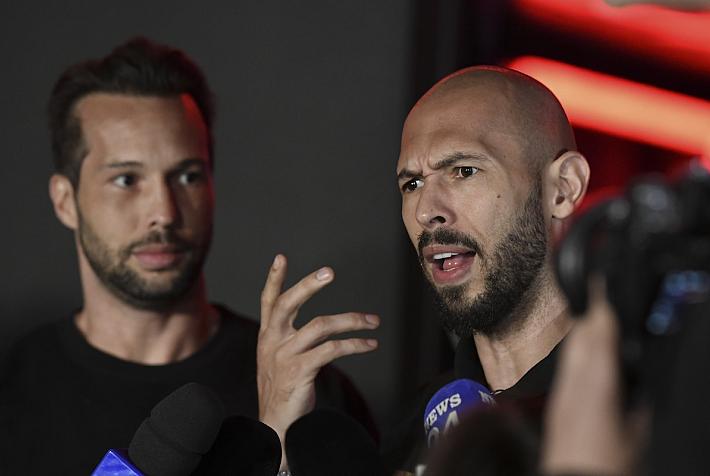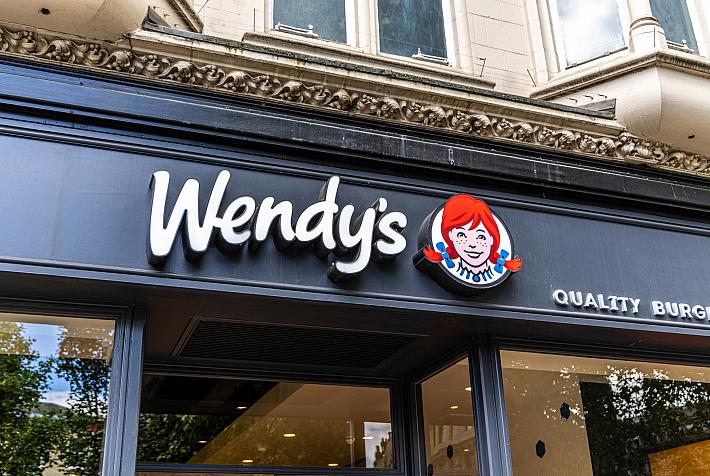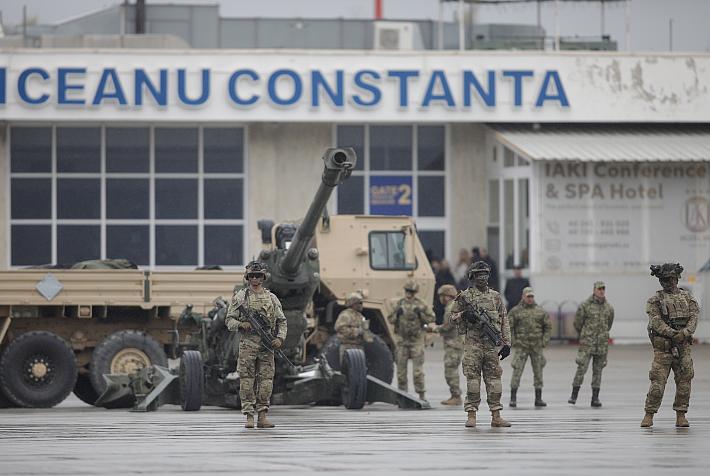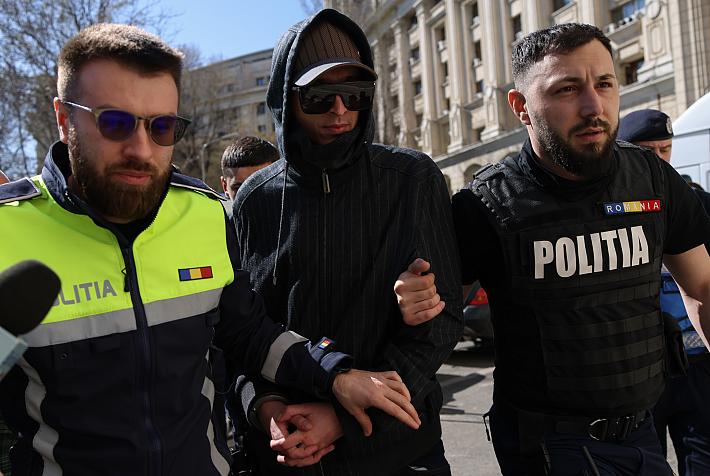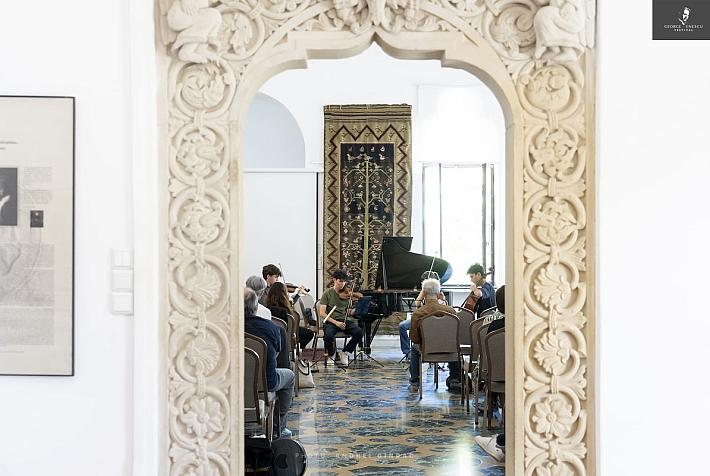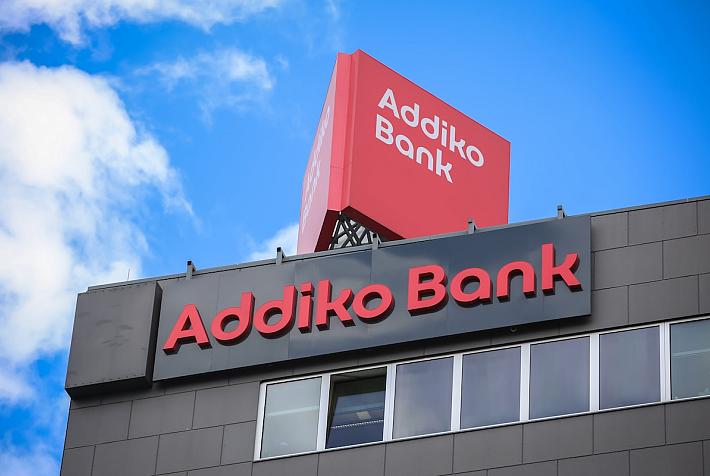Former Romanian president, PM charged again with crimes against humanity in 1990 miners’ riot case
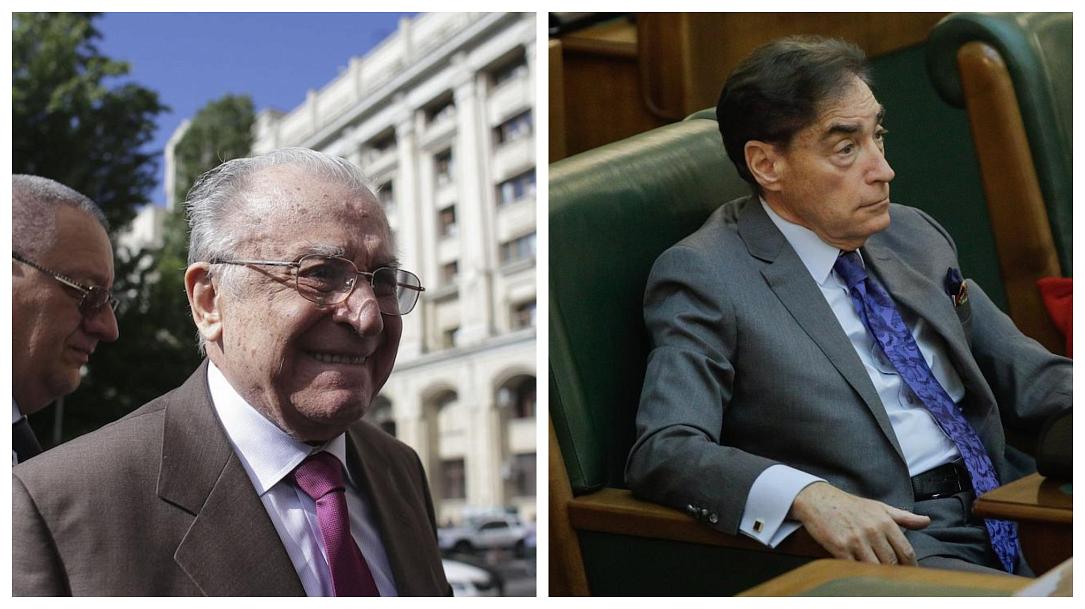
The General Prosecutor's Office announced on Wednesday, January 15, that criminal prosecution has been initiated again against former president Ion Iliescu and ex-prime minister Petre Roman in the case targeting the violent crackdown of the protests in Bucharest's University Square on June 13-15, 1990, also known as the Mineriada (miners' riot). The two are facing charges of crimes against humanity.
Initially, in June 2017, Ion Iliescu and the other defendants were prosecuted for crimes against humanity in this case, but in December 2020, the High Court of Cassation and Justice decided to return the case to the Military Prosecutor's Office for a complete reinvestigation.
The prosecutors say that "in June 1990, individuals holding decision-making roles in the Romanian state at the time initiated a policy of repression against the civilian population in the capital." This led to the deaths of four people, the sexual assault of two individuals, physical and/or psychological injuries to over 1,300 individuals, and the illegal detention and persecution of more than 1,200 people.
Beginning on April 22, 1990, a demonstration took place in University Square in Bucharest. The protest lasted several weeks until June 13, 1990, expressing opposition to the newly established government in Romania after the 1989 Revolution.
"In this context, Ion Iliescu, Petre Roman, and other state or National Salvation Front leaders initiated an attack on the demonstrators physically present in University Square. This served as a pretext for a broader repressive action targeting individuals who had previously participated in the protests, particularly opinion leaders, as well as anyone suspected of opposing the regime, particularly students, intellectuals, or those advocating for Western values," the General Prosecutor's Office stated.
Given the scope of the attack, the investigators say, its execution required the involvement of a large number of people. Thus, state leadership allegedly formed a systemic, heterogeneous, criminal group involving political, administrative, military, and civilian elements.
Starting on June 13, 1990, a repressive action was launched against demonstrators in University Square, involving the "illegal deployment" of forces from the Ministry of Interior, Ministry of National Defense, Romanian Intelligence Service, and over 10,000 miners and workers from various regions of the country.
The repression was a generalized and systematic attack resulting in the fatal shooting of four people, the sexual assault of two individuals, and physical or psychological harm to a total of 1,311 individuals. Additionally, 1,211 people were illegally detained.
On the morning of June 13, 1990, over 200 individuals were rounded up and transported to the Ministry of Interior's Military Unit 0575 in Măgurele. They were detained until the afternoon when they were released following cursory investigations.
"As part of the plan orchestrated by political leaders, officials from the law enforcement agencies, and members of the National Salvation Front leadership, workers from the Bucharest Heavy Machinery Enterprise were brought to University Square. They acted violently, physically assaulting individuals near the Institute of Architecture, and then occupied the square alongside law enforcement to prevent protesters from returning," the prosecutors said.
These actions provoked a violent response from the opposition, including the burning of the headquarters of the Bucharest Police, Ministry of Interior, Romanian Television, and Romanian Intelligence Service. Security forces used live ammunition, resulting in the fatal shooting of four individuals.
The repression continued on June 14 and 15, 1990, with systematic attacks carried out alongside miners and workers from multiple counties. The prosecutors say these groups acted as a parallel law enforcement body, unrecognized and unauthorized under the law.
"The miners who arrived in Bucharest vandalized the headquarters of newly established or reestablished political parties in opposition, the homes of opposition leaders, independent press offices, and educational institutions. They also assaulted Bucharest residents under the pretense of their alleged connection to the University Square protests," the investigators said.
On Wednesday, prosecutors brought Petre Roman in for questioning and went to Ion Iliescu's residence, as he cannot travel.
irina.marica@romania-insider.com
(Photo source: Inquam Photos/Octav Ganea, George Calin)








